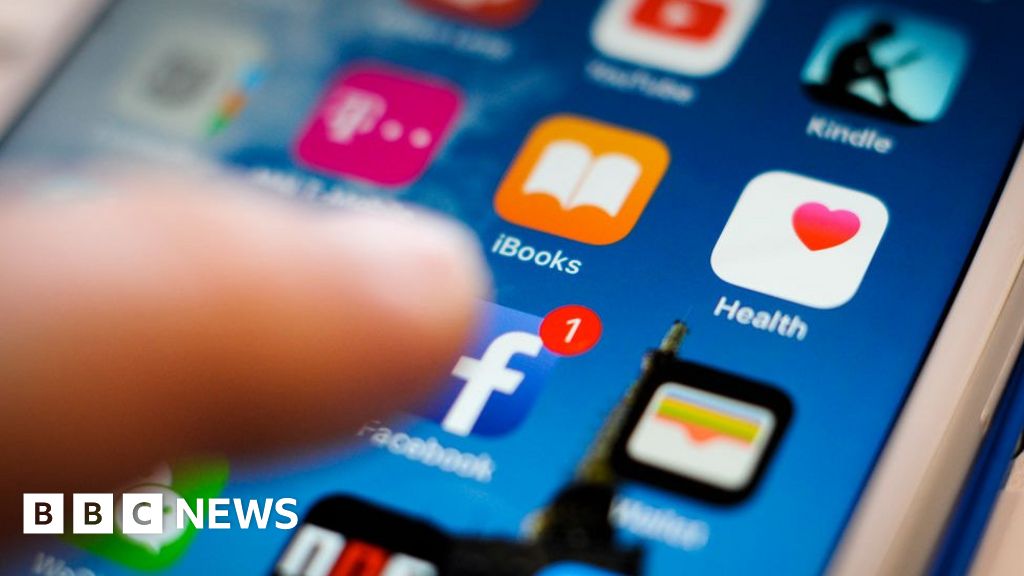Originally posted by BBC
Russia 'meddled in all big social media' around US election
Russia used every major social media platform to influence the 2016 US election, a report claims.
New research says YouTube, Tumblr, Instagram and PayPal - as well as Facebook and Twitter - were leveraged to spread propaganda.
The report, released today by the US Senate, exposes the scale of Russian disinformation efforts.
Its authors criticise the "belated and uncoordinated response" by tech firms.
The report was put together by University of Oxford's Computational Propaganda Project and the social network analysis firm Graphika.
It is the first analysis of millions of social media posts provided by Twitter, Google and Facebook to the Senate Intelligence Committee.
While Facebook and Twitter have previously disclosed Russian interference, little has been known about the use of other platforms.
The report suggests YouTube, Tumblr, PayPal and Google+ were all affected, with Russia adapting techniques from digital marketing to target audiences across multiple channels.
"It's a whole family of social media sites," says Dr Philip N. Howard, director of the Oxford Internet Institute. "We think the goal was to make the campaigns seem more legitimate."
The research details a vast campaign spearheaded by the Internet Research Agency (IRA) - a Russian company that has been described by the United States Intelligence Community as a troll farm with ties to the Russian government.
The report says Russia had a particular focus on targeting conservatives with posts on immigration, race and gun rights.
There were also efforts to undermine the voting power of left-leaning African-American citizens, by spreading misinformation about the electoral process.
One IRA campaign highlighted in the paper, Black Matters US, existed across Twitter, Facebook, Instagram, YouTube, Google+, Tumblr and PayPal, which it used for donations to the group. These various accounts would promote each other's posts and events.
When Facebook suspended the group on its platform, the group's Twitter account complained about the move and accused the social network of supporting white supremacy.
"What is clear is that all of the messaging clearly sought to benefit the Republican Party - and specifically Donald Trump," the report says.
"Trump is mentioned most in campaigns targeting conservatives and right-wing voters, where the messaging encouraged these groups to support his campaign. The main groups that could challenge Trump were then provided messaging that sought to confuse, distract and ultimately discourage members from voting."
While the data used by the researchers was provided by Facebook, Twitter and Google, their findings criticise the "belated and uncoordinated response" from these companies to Russia's disinformation campaign.
Russia used every major social media platform to influence the 2016 US election, a report claims.
New research says YouTube, Tumblr, Instagram and PayPal - as well as Facebook and Twitter - were leveraged to spread propaganda.
The report, released today by the US Senate, exposes the scale of Russian disinformation efforts.
Its authors criticise the "belated and uncoordinated response" by tech firms.
The report was put together by University of Oxford's Computational Propaganda Project and the social network analysis firm Graphika.
It is the first analysis of millions of social media posts provided by Twitter, Google and Facebook to the Senate Intelligence Committee.
While Facebook and Twitter have previously disclosed Russian interference, little has been known about the use of other platforms.
The report suggests YouTube, Tumblr, PayPal and Google+ were all affected, with Russia adapting techniques from digital marketing to target audiences across multiple channels.
"It's a whole family of social media sites," says Dr Philip N. Howard, director of the Oxford Internet Institute. "We think the goal was to make the campaigns seem more legitimate."
The research details a vast campaign spearheaded by the Internet Research Agency (IRA) - a Russian company that has been described by the United States Intelligence Community as a troll farm with ties to the Russian government.
The report says Russia had a particular focus on targeting conservatives with posts on immigration, race and gun rights.
There were also efforts to undermine the voting power of left-leaning African-American citizens, by spreading misinformation about the electoral process.
One IRA campaign highlighted in the paper, Black Matters US, existed across Twitter, Facebook, Instagram, YouTube, Google+, Tumblr and PayPal, which it used for donations to the group. These various accounts would promote each other's posts and events.
When Facebook suspended the group on its platform, the group's Twitter account complained about the move and accused the social network of supporting white supremacy.
"What is clear is that all of the messaging clearly sought to benefit the Republican Party - and specifically Donald Trump," the report says.
"Trump is mentioned most in campaigns targeting conservatives and right-wing voters, where the messaging encouraged these groups to support his campaign. The main groups that could challenge Trump were then provided messaging that sought to confuse, distract and ultimately discourage members from voting."
While the data used by the researchers was provided by Facebook, Twitter and Google, their findings criticise the "belated and uncoordinated response" from these companies to Russia's disinformation campaign.

YouTube, Tumblr, Instagram, Facebook and Twitter were targeted in the 2016 US election, a report says.



Comment